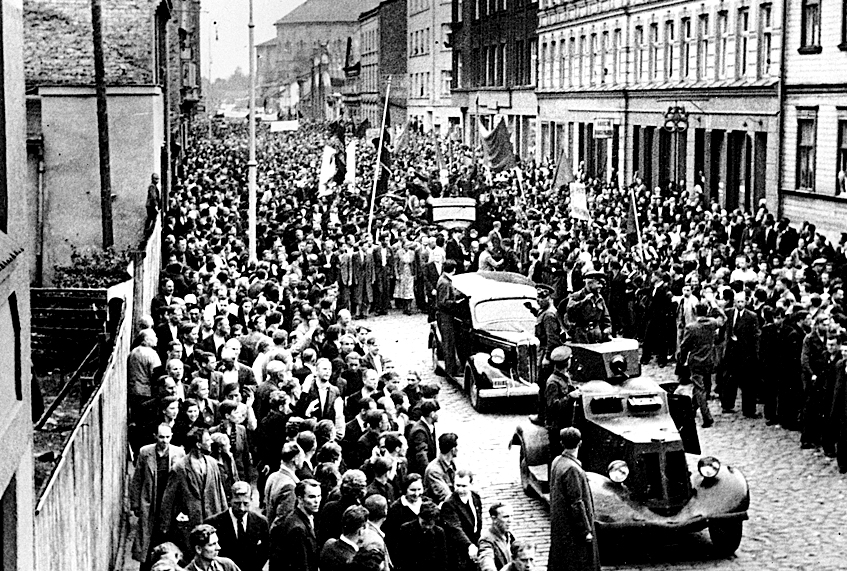In a fair world, every human being alive would know the name of Stanislav Petrov. If he had never been born, the chances are decent that everyone born after September 26, 1983 would have never seen the light of day either.
Instead, when Petrov died in May, the world was oblivious to his passing — and would remain that way for many months.
Who was he?
On that fateful day in 1983, Petrov received computer readouts indicating that several American missiles had been launched toward the Soviet Union, according to the BBC. If those readouts were correct, Petrov would only have had minutes to order retaliatory strikes before they would detonate and start a nuclear war.
Instead, Petrov reported the matter as a systems malfunction, which ultimately was exactly what it was — sunlight reflecting off of clouds had been mistakenly picked up by Soviet satellites as intercontinental ballistic missile engines.
As Petrov later recalled, “I had all the data [to suggest there was an ongoing missile attack]. If I had sent my report up the chain of command, nobody would have said a word against it.”
He added, “All I had to do was to reach for the phone; to raise the direct line to our top commanders — but I couldn’t move. I felt like I was sitting on a hot frying pan.”
Although Petrov died on May 19, 2017, news of his passing didn’t become widely known until Sept. 7, when German filmmaker Karl Schumacher (who had helped spread awareness about Petrov’s heroism) called to wish him a happy birthday and learned that he had died.
Petrov is not the only Soviet military officer whose circumspection saved the day. During the Cuban Missile Crisis in 1962, Vasili Alexandrovich Arkhipov refused to sign off on an order to launch a nuclear torpedo in response to American depth charges. Arkhipov accurately deduced that the American military was setting off the depth charges simply to inform the Soviet Union that they knew about the submarine’s presence and wanted it to surface.
As with Petrov, Arkhipov’s restraint stopped the triggering of a nuclear conflict that would have, at best, cost thousands upon thousands of lives, and at worst ended with a literal apocalypse.


